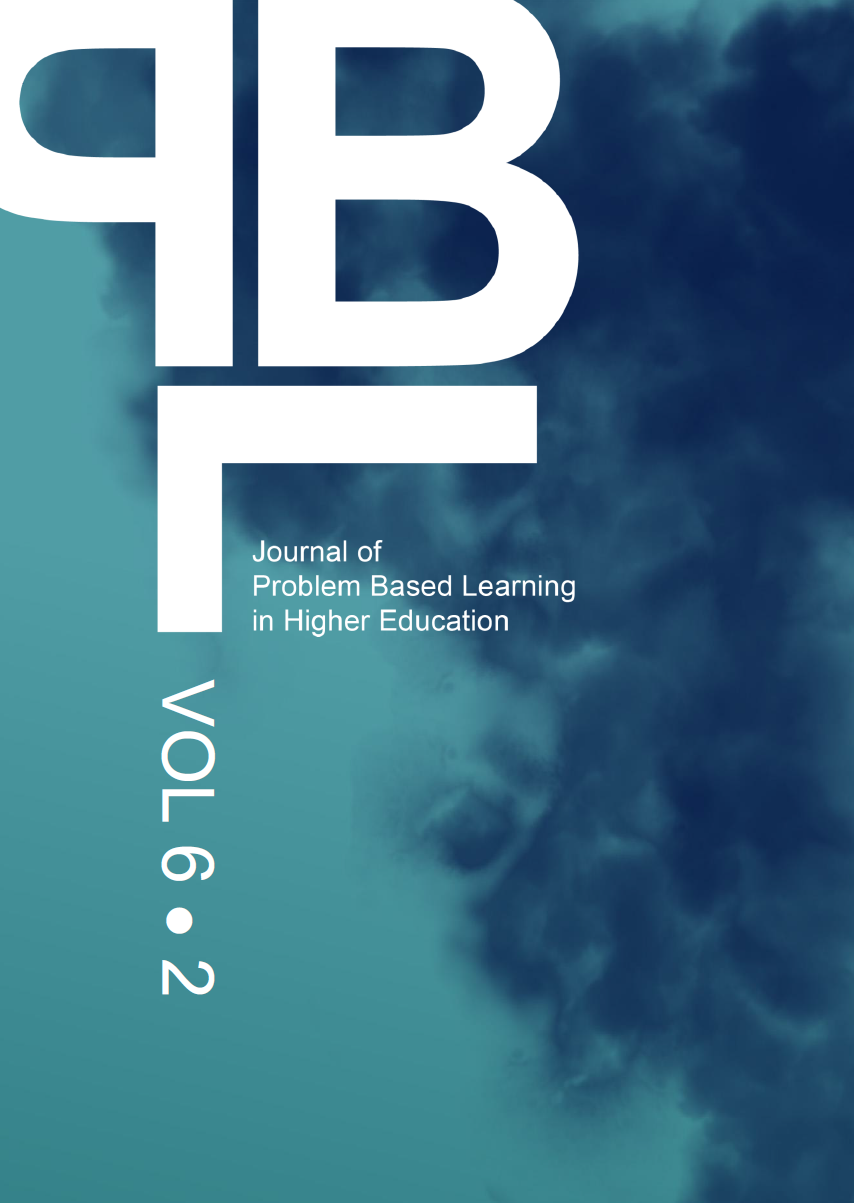Abstract
In problem-based learning large cohorts of students are divided into smaller groups that pursue learning objectives with separate instructors called tutors. This presents challenges for tutors tasked with providing similar educational experiences and assessment of multiple groups of students. Here we evaluated between-group variation in test scores that are attributable solely to random sampling without replacement process used to form smaller groups. We then compared this with the actual between-group variation in test scores in a university-level zoology class over 4 years. We found the variation attributable exclusively to group formation accounted for a 14.4-16.2 point differential between groups whereas differences in empirical test scores attributable to group formation and other factors such as tutor capacity and group dynamics ranged from 12-18 points and rarely exceeded the variation inherent solely to group formation. This implies ad-hoc strategies for reducing variation between groups at the assessment phase will have limited success.
References
Barrows, H. S. (1996). Problem‐based learning in medicine and beyond: A brief overview. New Directions for Teaching and Learning, (68): 3–12.
Bell, S. (2010). Project-Based Learning for the 21st Century: Skills for the Future. The Clearing House: a Journal of Educational Strategies, Issues and Ideas, 83(2): 39–43.
Boud, D & Feletti. G. (1997). The Challenge of Problem-based Learning. London: Kogan Page Publishing.
Decuyper, S., Dochy, F., & Van den Bossche, P. (2010). Grasping the dynamic complexity of team learning: An integrative model for effective team learning in organizations. Educational Research Review, 5:111-133.
Duch B, Groh SE, & Allen DE. (2001). The Power of Problem-Based Learning: a Practical “How To” for teaching undergraduate courses in any discipline. Sterling, VA: Stylus Publishing.
Galand, B., & Frenay, M. (2005). L’approche par Problèmes et par Projets dans l’Enseignement Supérieur: Impact, Enjeux et Defies, Louvain-la- Neuve: Presses Universitaires de Louvain.
Gijbels, D., & Dochy, F. (2005). Effects of problem-based learning: A meta-analysis from the angle of assessment. Review of Educational Research, 75:27-61.
Gijbels, D., Van de Watering, G., Dochy, F. & Van den Bossche, P. (2005). The relationship between students' approaches to learning and the assessment of learning outcomes. European Journal of Psychology of Education, 4:327-341.
Heycox K, & Bolzan N. (1991). Applying Problem-Based Learning in First-Year Social Work. In D. Boud & G. Feletti (Eds). The challenge of problem based learning. (pp. 186-193). London, Kogan Page Press.
Lohman, M. C., & Finkelstein, M. (2000). Designing groups in problem-based learning to promote problem-solving skill and self-directedness. Instructional Science. 28:291-307.
Lowry, P. B., Zhang, D., Zhou, L., & Fu, X. (2010). Effects of culture, social presence, and group composition on trust in technology‐supported decision‐making groups. Information Systems Journal, 20:297-315.
Mauffette, Y. & L. Poliquin. 2001. PBL in science education: A curriculum reform in biology at the University of Quebec in Montreal. PBL insight 4(1): 1-5.
Mills, J.E. & Treagust, D.F. (2003). Engineering education – Is problem-based or project-based learning the answer? Australasian journal of engineering education, 3(2): 2-16.
Neville, A. J. (1999). The problem-based learning tutor: Teacher? Facilitator? Evaluator? Medical Teacher, 21:393-401.
Prince, M. (2004). Does active learning work? A review of the research. Journal of Engineering Education. 93(3):223-231.
Prince, M.J. & Felder, R.M. (2006). Inductive teaching and learning methods: definitions, comparisons, and research bases. Journal of Engineering Education, 95(2): 123-138.
RStudio Team (2015). RStudio: Integrated Development for R. RStudio, Inc., Boston, MA URL http://www.rstudio.com/
Savery, J. R., & Duffy, T. M. (1995). Problem based learning: An instructional model and its constructivist framework. Educational Technology. CRTL Technical Report 16-01
Savin-Baden, M. (2004). Understanding the impact of assessment on students in problem‐based learning. Innovations in Education and Teaching International. 41:221-233.
Strobel, J., & Van Barneveld, A. (2009). When is PBL more effective? A meta-synthesis of meta-analyses comparing PBL to conventional classrooms. Interdisciplinary Journal of Problem-Based Leraning 3:44-58.
Van den Bossche, P., & Gijselaers, W. H. (2006). Social and cognitive factors driving teamwork in collaborative learning environments: Team learning beliefs and behaviors. Small Group Research, 37(5): 490-521.
Vickery, W. L. (2013). Producing and scrounging during Problem Based Learning. Journal of Problem Based Learning in Higher Education, 1(1): 36–52.
Articles published in Journal of Problem Based Learning in Higher Education are following the license Creative Commons Attribution 4.0 (CC-BY)
Authors retain copyright and grant the journal right of first publication with the work simultaneously licensed under a Creative Commons Attribution 4.0 International License (CC-BY). Further information about Creative Commons
